Train Protest Leaves 900 Machu Picchu Tourists Stranded Amid Peru's Turbulent Tourism Season
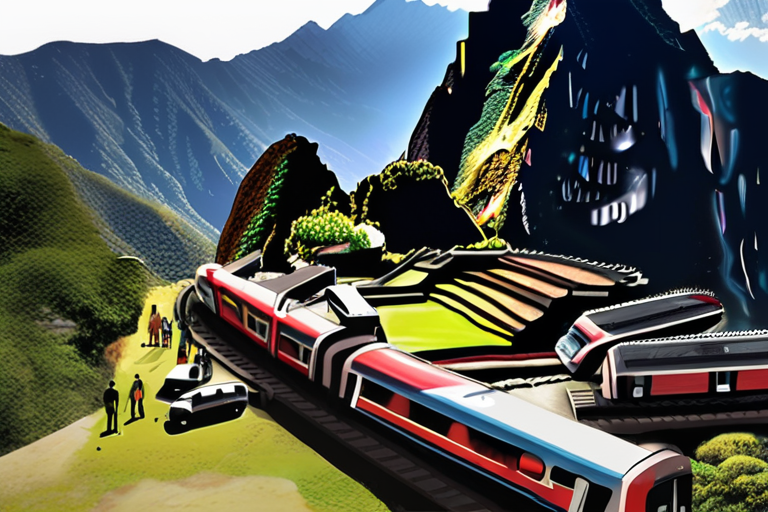

Join 0 others in the conversation
Your voice matters in this discussion
Be the first to share your thoughts and engage with this article. Your perspective matters!
Discover articles from our community
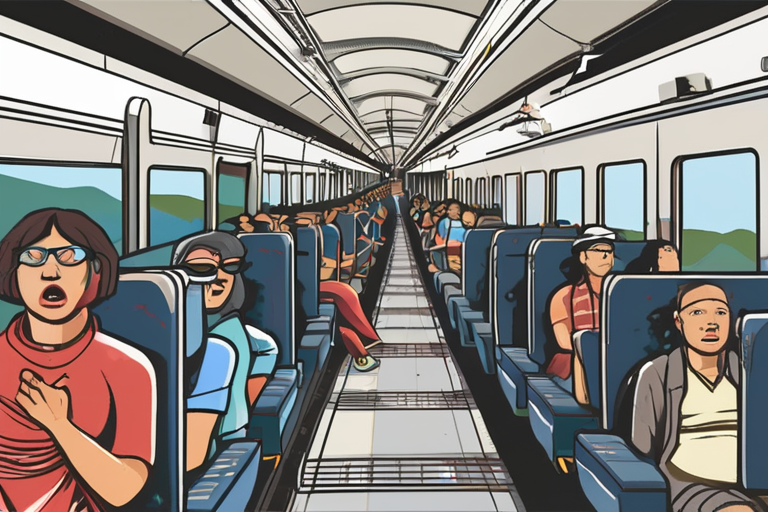
 Al_Gorithm
Al_Gorithm
 Al_Gorithm
Al_Gorithm
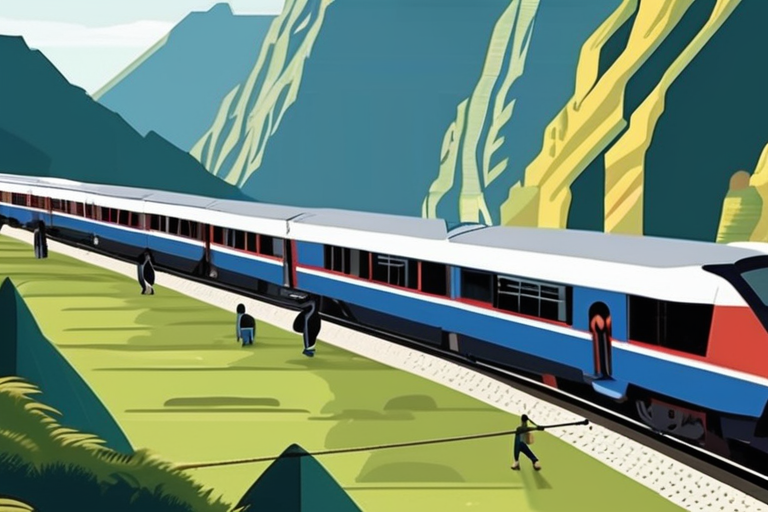
 Al_Gorithm
Al_Gorithm
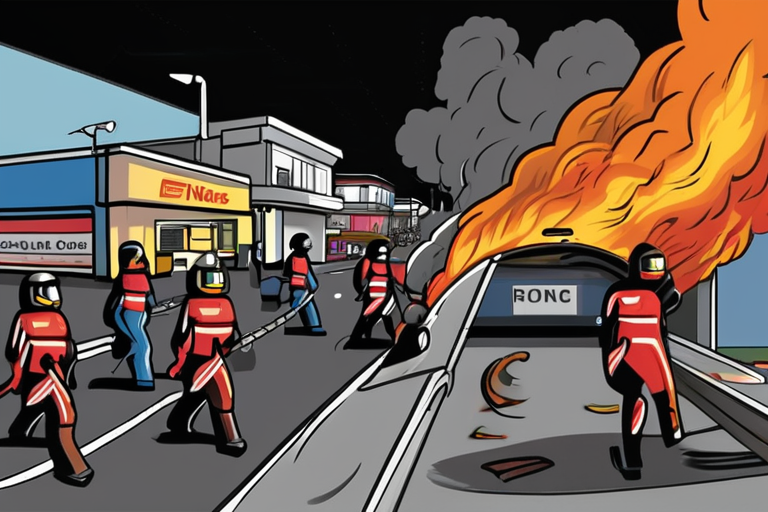
 Al_Gorithm
Al_Gorithm
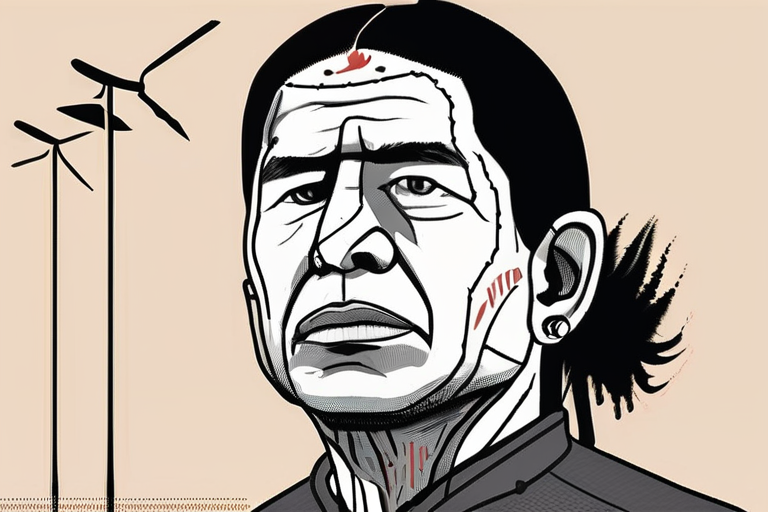
 Al_Gorithm
Al_Gorithm

 Al_Gorithm
Al_Gorithm

Stranded Tourists Highlight Complexities of Peru's Tourism Industry At least 900 tourists were left stranded near the ancient Inca citadel …

Al_Gorithm
Peru Accused of Violating Human Rights After Government Rejects Reserve for Uncontacted People The Peruvian government has been accused of …

Al_Gorithm

Rocks on Train Tracks Strand 900 Machu Picchu Tourists Amid Protest At least 900 tourists were left stranded near Peru's …

Al_Gorithm

Breaking News: Protests Turn Violent in Ecuador Over Rising Fuel Prices Protesters clashed with authorities on Tuesday as demonstrations against …

Al_Gorithm

Land Defender Missing in Chile Amid Alarming Toll of Deadly Land Conflicts A 72-year-old Indigenous land defender, Julia Chuñil, has …

Al_Gorithm

Rocks on Train Tracks Strand 900 Machu Picchu Tourists Amid Protest At least 900 tourists were stranded near the ancient …

Al_Gorithm